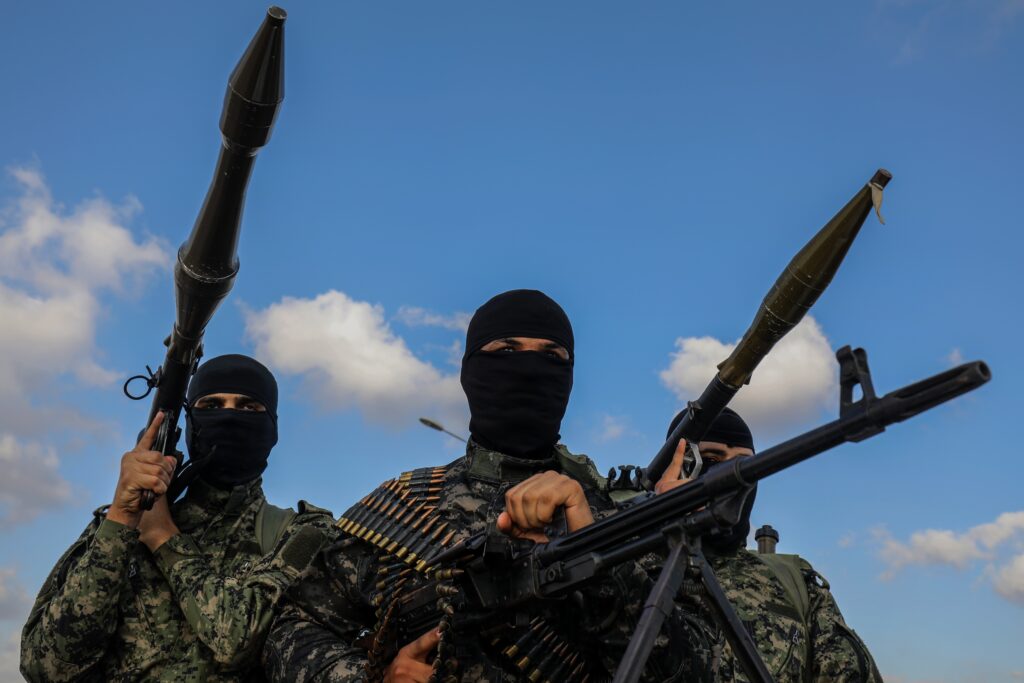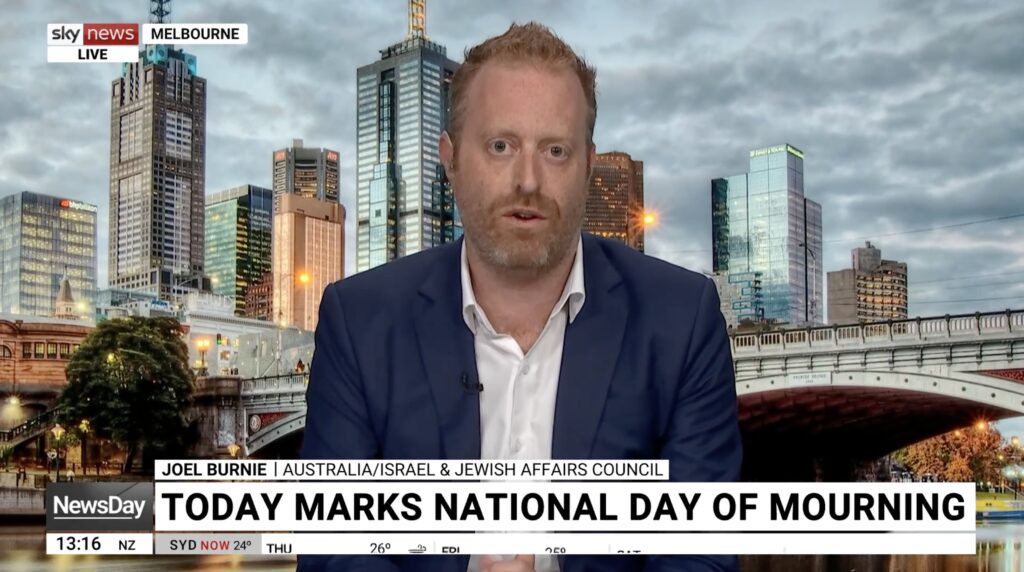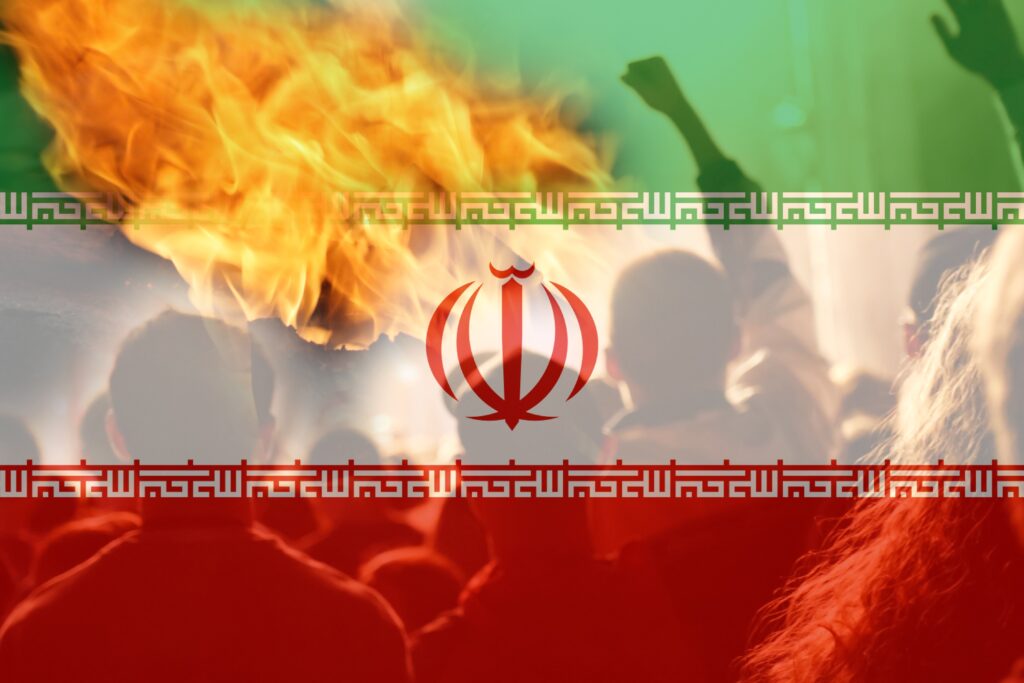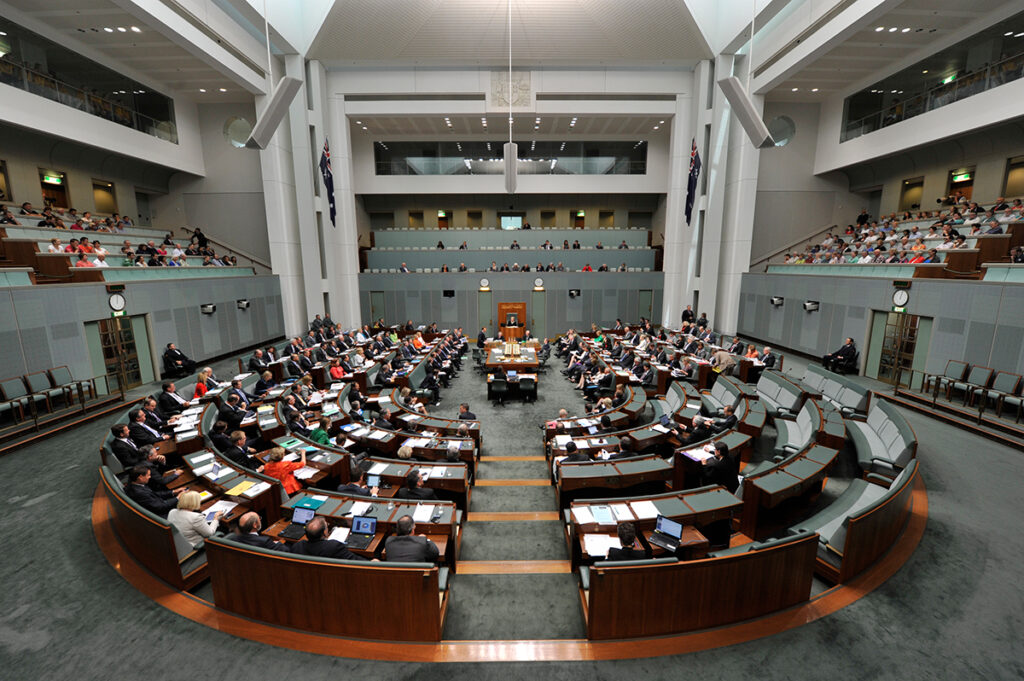IN THE MEDIA
A Rosh Hashanah reflection
September 21, 2025 | Rabbi Ralph Genende
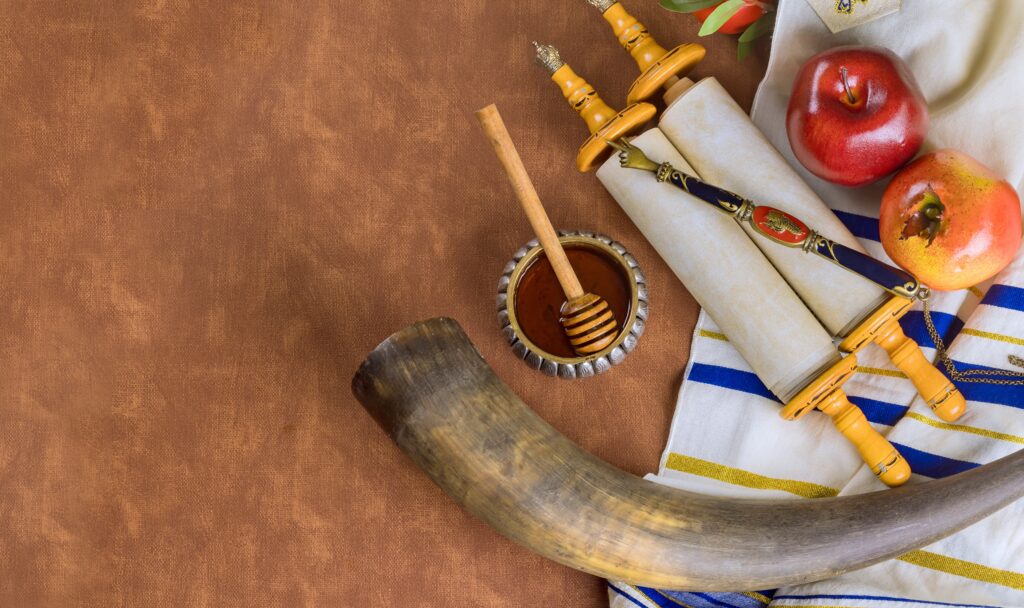
SUNDAY AGE SEPTEMBER 21, 2025
FAITH
A few weeks ago, I had the privilege of listening to the Australian World Orchestra’s rendition of Gustav Mahler’s stunning Fifth Symphony.
Mahler embraces an entire world through the exhilarating emotional arc of that symphony, progressing from darkness to light and through love, loss and life.
The Jewish composer’s superb composition was a fitting lead-up to the Jewish New Year (September 23-24) and Day of Atonement (October 1-2) a, season when we reflect on the darkness in the world, as well as pray for the restoration of love and lightness.
The Jewish New Year is not a time of riotous celebration. But it has its moments of exhilaration, particularly in the liberating prayers of hope, and the belief that we can create a better world in the new year.
We dip apples in honey to reflect the sweetness of the anticipation. We eat round challah loaves to remind us of the circle of life.
The hope and liberation, as with all meaningful pursuits, do not come easy. They demand deep introspection, and reflection on the brokenness of our world. We are called to be mindful of the fragility and unpredictability of our lives.
One of the season’s most famous prayers, made even more famous by Leonard Cohen’s rendition of it in his song Who by Fire, declares that in this year, at this time, we focus on who will live and who will die, who by fire, who by water, who by war and who by their own hand.
We reflect on the lives wounded and lost in the past year. It has been another excruciatingly difficult year for the Jewish people confronted by an avalanche of antisemitism and an explosion of anti-Israelism.
No matter what our political views about the war in Gaza, we have been assailed from the outside and torn on the inside. Our beloved Australia has become a place of fear and insecurity for our community.
In Hebrew, the start of a new year is known as Rosh Hashanah or Head of the Year.
The word for year in Hebrew has connotations of change and constancy. And thus, we direct our heads (“rosh”) to the elements of constancy of change in our lives.
Prayer reminds us we are not alone in the universe. As the prophet Isaiah puts it: “I am with you in your sorrows and challenges.”
Penitence is about the mistakes we make and the flaws of humanity but also about the possibility of forgiveness and the capacity to heal our world. Charity and justice are both incorporated in the Hebrew word for alms, tzedakah – a practical and active way to effect positive change.
On the New Year and Yom Kippur or Atonement Day we listen to the symphony of the world, the cadences within and the music without, aspiring to a year blessed with light and love to help heal our wounded planet.

